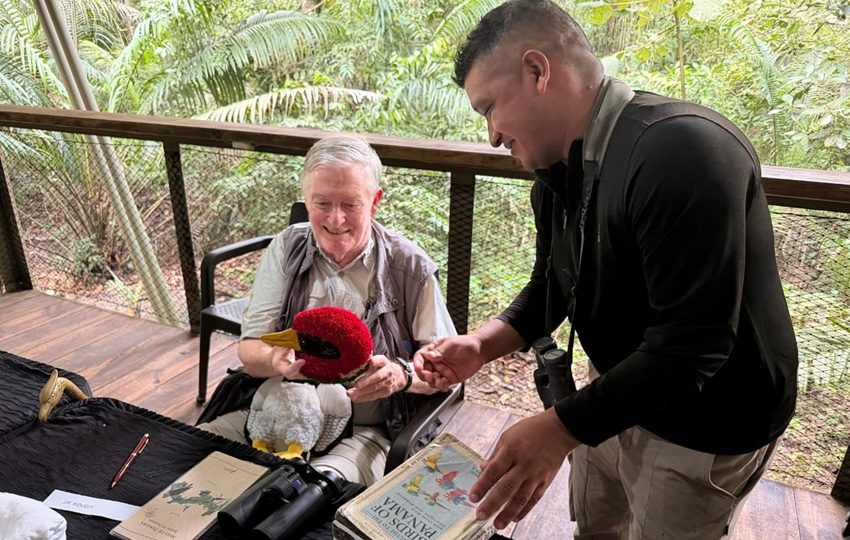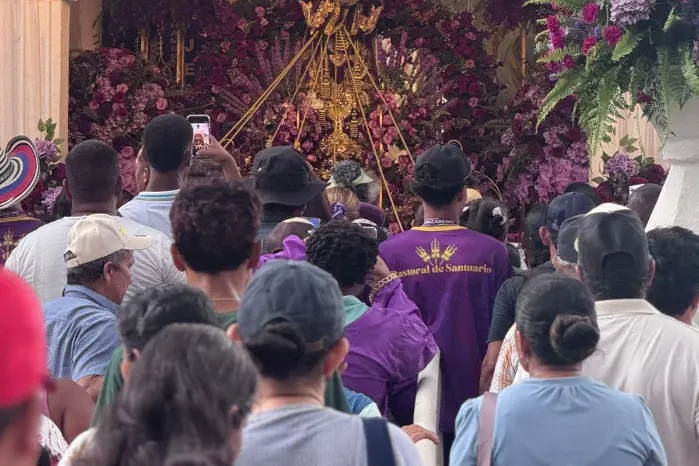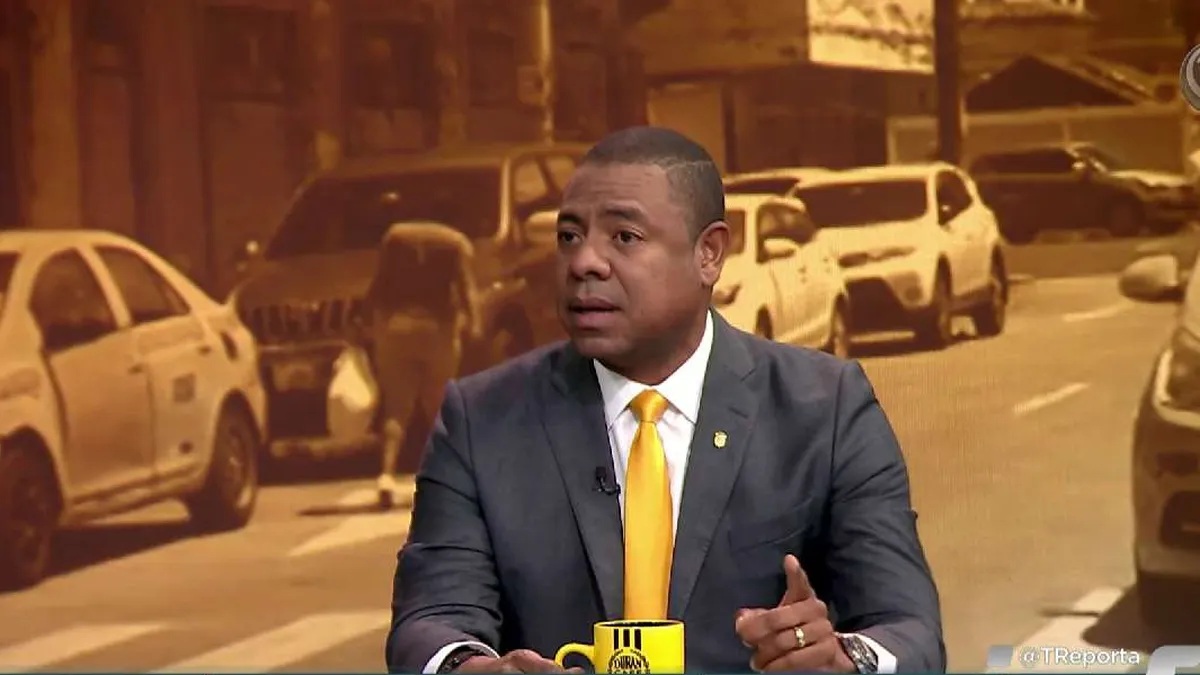Mind Games: How Poker Strategies and Cycling Tactics Sharpen Mental Endurance

We tend to regard endurance in very concrete terms how long someone can run, how long he can swim, how many hills he can climb on a bike. But mental endurance is no less important, especially in those tasks that unite focus, planning and adaptability.
It is strange to note that two separate pastime poker and cycling have a lot in common beyond expectation. Both require much concentration, and something psychologically, being able to think several moves ahead. When taken seriously, they can be useful devices to fortify the mind in ways that bleed over into daily existence.
Different Games, Same Mental Arena
When you take the surface, poker and cycling could not be further apart: One is a card game breathily whispered in soft rooms or in tender corners of an online casino, the other is a sport, closer to the sweaty, wind-driven determination to pedal some more.
And under the apparent oppositions, they have an identical cognitive essence. If you are bluffing a poker table or sliding off a peloton you will achieve what you want from it if you are reading people, controlling the stress and are making good decisions under pressure.
But to play online or in person high stakes poker you’re not only playing your cards. You’re playing the player. This requires instilled sharp observation skills, memory recall and emotional regulation. For example, on a cycling race, physical fit is not a sufficient requirement. One has to watch their moves, guess their strategy of the team, divide one’s own energy reserves. It’s a nerve game not legs.
The Role of Psychological Resilience
The strongest motivator to both poker and cycling is how often they make you confront failure. The bad beat in poker may seem like a reward from the house of absurdity. Your judgments are correct, still the wrong card drops. Similarly, a cyclist can spend months training only to have a mechanical breakdown or crash metrefinishing line by meters.
Such moments are mind numbingly devastating, but they do educate us to cope. The trick is on how you answer. And the skills that you develop in these contexts – patience, composure, recalibration are shockingly transposable.
The Art of Strategic Timing
Another interesting crossing is timing of it is important. Time is a language in poker. Said players often talk about “timing tells”, where the time it takes to make a move can tell about the strength of a hand. Latter tolerates nuanced act of this skill; Observant players use this to their advantage either by hitting fast to convey confidence or holding-off to give conception of doubt.
When cycling, tactics include timing but the terrain is physical. An ill-timed sprint will leave a rider vulnerable, whereas a good-timed breakaway will win one a race. Riders learn how to read wind direction of terrain changes, and their reaction towards their competitors as indicators of when they should push and when they should wait. It’s a lesson in discipline: not all opportunities are to be taken advantage of.
Similar to poker, cycling is unforgiving with impatience. Getting your move too early anywhere can leave you exposed. On the other hand, if you wait too long then the opportunity might evaporate. Being able to time when to pull out and when to mount an attack is a long learning affair but it pays good returns later not only in the game but also in the race.
Training the Invisible Muscles
What’s especially powerful about this mental endurance is that it doesn’t herald itself as physical fitness does. You never limp away from a poker table. Nobody will ever see the decision fatigue that is behind a victories for a cycling. But that doesn’t lessen the mental effort one way or the other.
In fact, these “invisible muscles” take training not less. Many professional poker players take part into mindfulness or cognitive behavior technique in order to increase focus and regulation of emotions. Athletes on bikes also are known to have sports psychologists for performance pressure and building mental fortitude. In both these fields mental prep is now not optional it’s part of the toolkit.
In Closing
Poker and cycling might seem like their respective planets, but they exercise the mind in deep ways. They push players and athletes to enter areas of concentration, make them strategize in pressure situations, and instruct them how to survive emotionally trying moments without breaking down.
Whether; it is in the virtual seat to manage risk at an online casino or toeing the agonizing kilometers of a 100-kilometer race, the activities train the brain in different but relatively ways for endurance. They make us aware that the mind, just as the body does, needs its challenges to become more powerful and sometimes the greatest gains are ones no one knows of.





